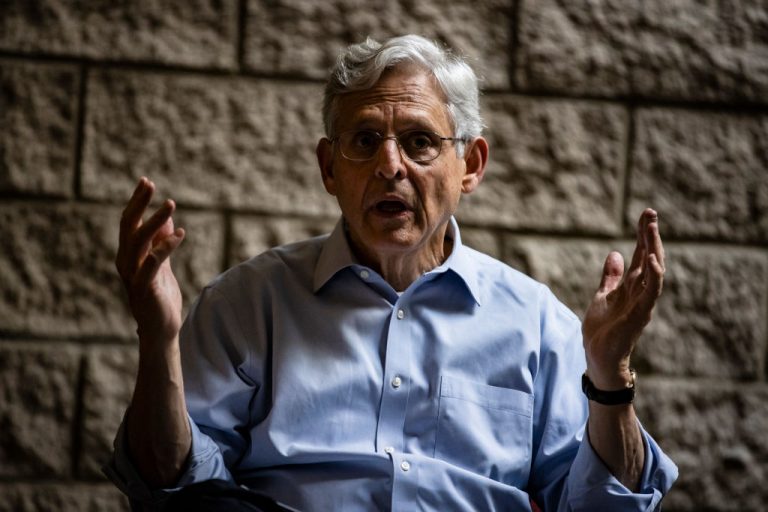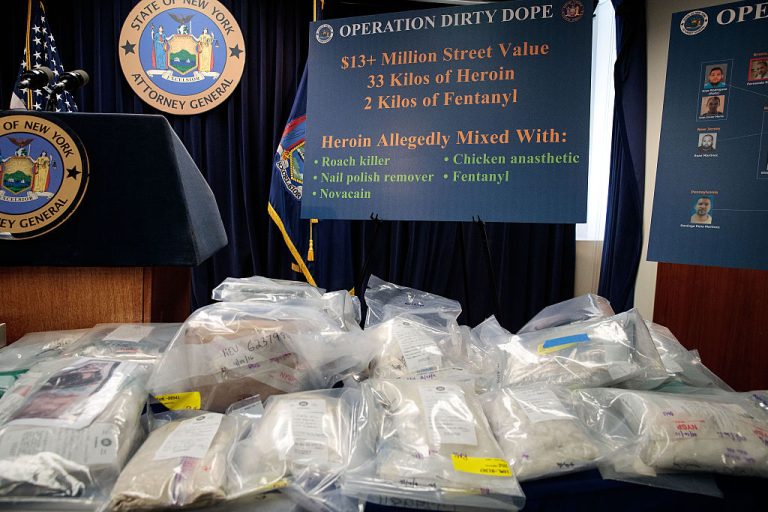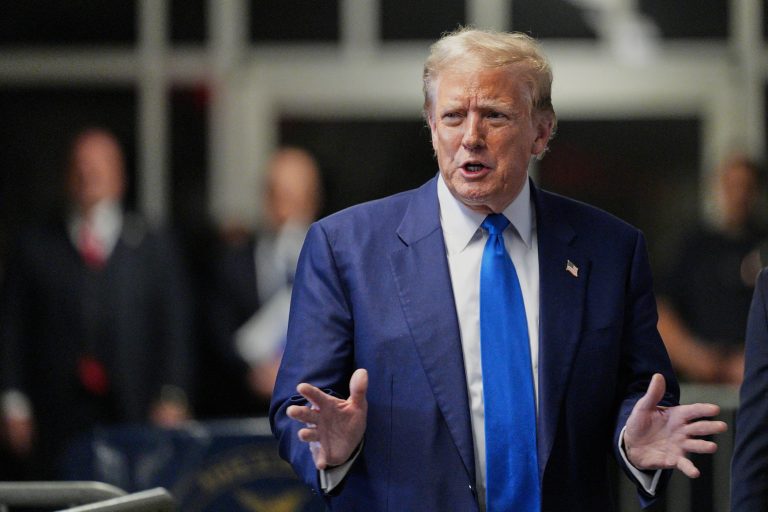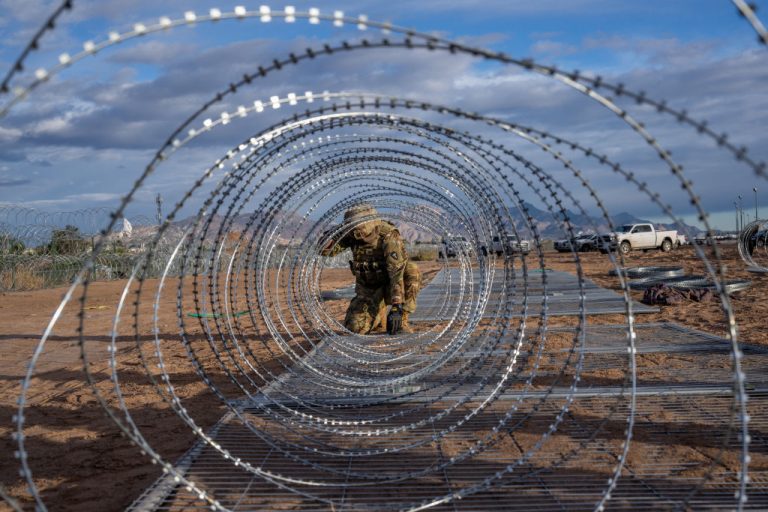The Biden administration’s Department of Justice has released guidance warning states that audits of their 2020 Presidential election may violate federal law.
The document, titled Federal Law Constraints on Post-Election “Audits” and published July 28, sets the stage with the statement, “The U.S. Department of Justice is committed to ensuring full compliance with all federal laws regarding elections. This includes those provisions of federal law that govern the retention and preservation of election records or that prohibit intimidation of, or interference with, any person’s right to vote or to serve as an election official.”
It continues by repeating the highly contentious claim by the Cybersecurity & Infrastructure Security Agency made shortly after the elections were completed, which claimed “The November 3rd election was the most secure in American history,” while noting that many states had already performed automatic recounts and canvassing triggered by very narrow margins of victory, which did not overturn any results.
The CISA statement was issued on November 12, just days after the election was completed. Outgoing President Donald Trump fired the agency’s director, Christopher Krebs, on November 17 as a result of the comments.
The wording of the guidance document takes direct aim at the veracity of state-sanctioned election audits, describing them as an “unusual second round of examinations” that would “would look at certain ballots, election records, and election systems used to conduct elections in 2020.”
Success
You are now signed up for our newsletter
Success
Check your email to complete sign up
“These examinations, sometimes referred to as ‘audits,’ are governed, in the first instance, by state law. In some circumstances, the proposed examinations may comply with state law; in others, they will not,”
The DOJ directly throws their hat in the ring on the matter in the following sentence, “But regardless of the relevant state law, federal law imposes additional constraints with which every jurisdiction must comply.”
The guidance relies on two pieces of legislation to send its warning.
1960 Civil Rights Act
The 1960 Civil Rights Act (CRA) requires “federal election records” to be preserved for 22 months after an election is conducted. The DOJ says the purpose of this law is to protect the right to vote “by ensuring that federal elections records remain available in a form that allows for the Department to investigate and prosecute both civil and criminal elections matters under federal law.”
The issue at hand is the CRA requires all records be retained either directly by elections officials or under their “direct administrative supervision,” and therefore warns states who are conducting “post-election ballot examinations” (audits) that “they also continue to comply with the retention and preservation requirements” of the CRA.
The guidance also notes that “any person, whether or not an officer of election or custodian, who willfully steals, destroys, conceals, mutilates, or alters any record or paper” may be subject to a $1,000 fine and/or a year in prison for each violation.
“The Department is concerned that some jurisdictions conducting them may be using, or proposing to use, procedures that risk violating the Civil Rights Act.”
“Moreover, where elections records are no longer under the control of elections officials, this can lead to a significant risk of the records being lost, stolen, altered, compromised, or destroyed,” the guidance remarks.
“This risk is exacerbated if the election records are given to private actors who have neither experience nor expertise in handling such records and who are unfamiliar with the obligations imposed by federal law.”
1965 Voting Rights Act
The DOJ also relies on the Voting Rights Act of 1965, which states, “No person, whether acting under color of law or otherwise, shall intimidate, threaten, or coerce, or attempt to intimidate, threaten, or coerce any person for voting or attempting to vote, or intimidate, threaten, or coerce, or attempt to intimidate, threaten, or coerce any person for urging or aiding any person to vote or attempt to vote.”
Notably, the Biden administration’s Justice Department implies this reading may extend to cancel culture or social media censorship and bullying when it states, “Judicial decisions have established that voter intimidation need not involve physical threats. In certain contexts, suggesting to individuals that they will face adverse social or legal consequences from voting can constitute an impermissible threat.”
It then relies on several common law decisions that serve as legal precedent, such as United States v. McLeod, which involved “Having police officers take down the license plate numbers of individuals attending voter registration meetings contributed to intimidating prospective voters.”
The DOJ uses this preamble to create the pretext needed to target auditors’ canvassing efforts, “There have been reports, with respect to some of the post-2020 ballot examinations, of proposals to contact individuals face to face to see whether the individuals were qualified voters who had actually voted.”
It specifically mentioned Cyber Ninjas’ Statement of Work, “(proposing to select three precincts in a large urban county to collect information from individuals through ‘a combination of phone calls and physical canvassing’).”
Cyber Ninjas is the Florida-based company contracted to conduct the contentious and vigorously resisted audit of Arizona’s Maricopa County.
“This sort of activity raises concerns regarding potential intimidation of voters,” says the DOJ, who claims the approach will have a “significant intimidating effect on qualified voters that can deter them from seeking to vote in the future” who are “minority voters or minority communities.”
In September of 2020, investigative journalist team Project Veritas published hidden camera video of a Minnesota Somalian-American community whistleblower who exposed a substantial ballot harvesting campaign in Rep. Ilhan Omar (D)’s riding in advance of the Nov. 3 Federal Election.
The expose showed a video of Liban Mohamed, a Somali man who conducted some of the groundwork for the scheme involving going door-to-door and paying community members for completed absentee ballots, bragging on Snapchat, “Money is everything. Money is the King in this world. If you ain’t got money, you should not be here period.”
In the video, Mohamed had 300 absentee ballots collected from the community sitting on the dash of his car as he joyfully proclaimed “All these here are absentee ballots. Can’t you see? Look at all these, my car is full. My car is full,” in Somali.
Minnesota law forbids an individual from being in possession of more than 3 absentee ballots.













